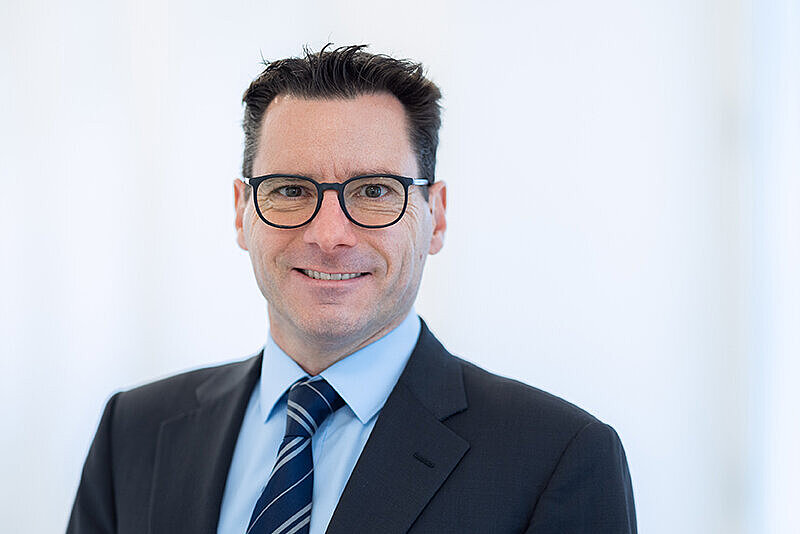Marc Luy has been an affiliate of VID since April 2008, when he joined the OeAW as a senior scientist. Since 2010, he has been the head of the “Health and Longevity” research group. He studied Geography, Demography, and Urban Development Planning at the University of Bamberg and completed his diploma in 1998. His academic career began as a doctoral student and research scientist at the University of Rostock (1998–2001), the Max Planck Institute for Demographic Research in Rostock (2001–2002) and the Federal Institute for Population Research in Wiesbaden, Germany (2002 –2004). In 2004, he received his doctoral degree (Dr. rer. pol.) in Demography from the University of Rostock and was appointed junior professor of demography and its applications at the University of Rostock in the same year. He held this position until his move to VID in 2008. In 2014, Marc Luy habilitated in demography and social statistics in Italy. In May 2022, he was appointed honorary professor of demography at the University of Vienna where he is teaching in the newly established MA program "Global Demography". In addition, he is a lecturer in the “Executive MBA Health Care Management” program at the Vienna University of Economics and Business (WU Wien).
As an internationally recognized expert in the field of demography, Marc Luy researches trends and differentials in health and longevity. In particular, he wants to better understand the causal mechanisms that enable some people to live longer and healthier than others. Special features of his work are the introduction of new hypotheses to better understand the complex mechanisms of healthy ageing and the development of innovative methods for estimating life expectancy and health expectancy of small subpopulations. His best-known research project is the “German-Austrian Cloister Study” on the health and longevity of Catholic order members, for which he has received several scientific awards, including the Gunther Beyer Award of the European Association for Population Studies (EAPS). In 2010, he received a European Research Council (ERC) Starting Grant for the study of the “male-female health-mortality paradox”, followed by an ERC Consolidator Grant in 2016 to investigate the levels and trends in health expectancy. In 2011 he was elected to the Austrian Academy of Sciences as a Member of the Young Academy and in 2016 as a Corresponding Member of the Division of Humanities and the Social Sciences.
